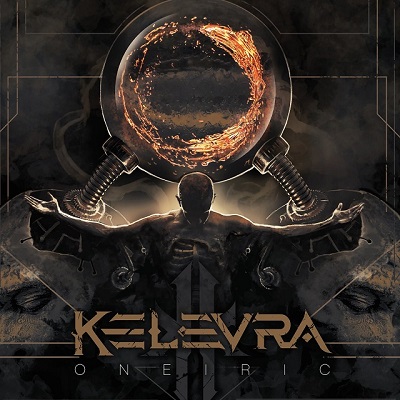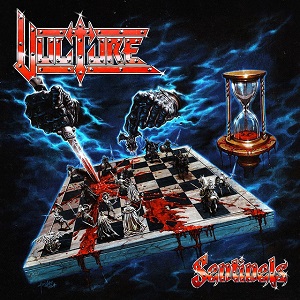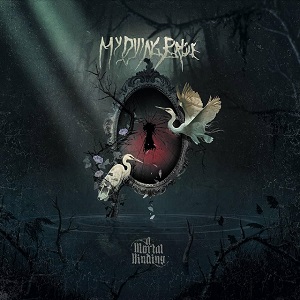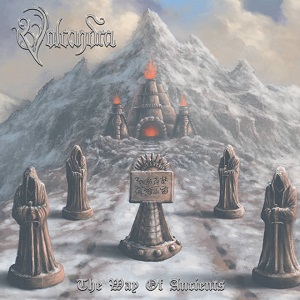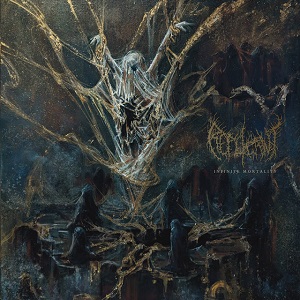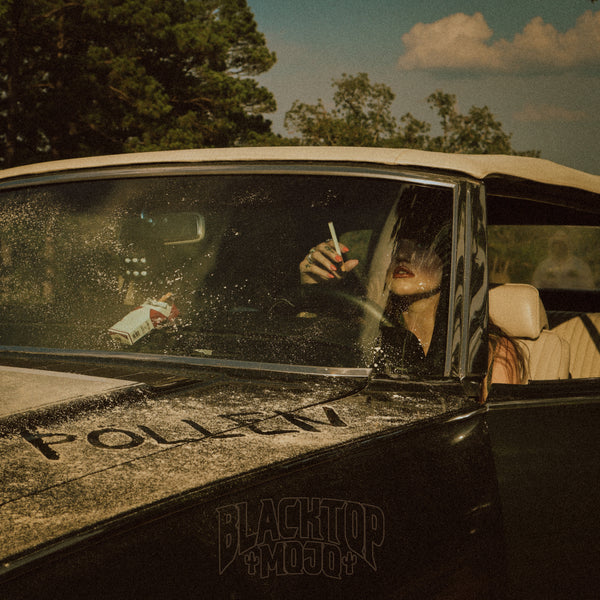THE TEMPERANCE MOVEMENT - “We Just Wanted To Explore Some Other Things That We Were Into"
January 27, 2016, 8 years ago

The last time BraveWords caught up with the Temperance Movement (check it out at this location), the bluesy rockers from the UK were embarking on their first-ever US tour. Fast forward nearly a year later, and the lads - singer Phil Campbell, guitarist Paul Sayer, bassist Nick Fyffe, and drummer Damon Wilson - are back with their sophomore full-length, the curiously titled White Bear. Mr. Sayer was kind enough to check in with BraveWords, and chat about the new disc, as well as how a band that has more in common stylistically with classic rock wound up on one of the most 'metal' record labels of them all.
BraveWords: Is there a specific meaning behind the album title?
Paul Sayer: "White Bear syndrome is something that was an experiment done in thought control, and the thought controlling of unwanted thoughts. And the example that was used was if you try to not think of a white bear, you can't think of anything but a white bear. It was something that Nick had heard about recently, and we were in the writing phase. He brought this thing up and Phil was writing lyrics to a song we were working on at the time, and the song ended up being called 'White Bear.' Making this record was the thing that none of us could stop thinking about. When we were making it, we had kind of big gaps between making the album, because we were on tour. Really when you're on tour, you really need to be focused on that. But none of us could stop thinking about the record. And then our fans kept asking about the record and it just became the thing that was on everyone's minds. So we went from having a song called 'White Bear,' and it became a very apt title for the second record."
BraveWords: How does White Bear compare to the self-titled debut?
Paul Sayer: "It's similar because it's still us. In terms of the recording process, we're kind of big believers in the band being set up in a room together and the takes being very live. Because we feel that tends to capture the magic and energy. Myself, Phil, and Luke [Potashnick, TE's original guitarist], before the band was even a band, it was like a three-way songwriting thing we had going on. And the songs were really crafted like that - the three of us sat around with acoustic guitars. The second record, to start with the writing was much more of a band thing, and things came out of soundchecks and being in a rehearsal room together. So they were maybe more sonic and band-led than songwriter-led. And then also, we had a bit more time in the studio. We felt that with the first album, we had achieved our goal with the album, which was presenting a very honest representation of what this band of five people sounds like, in a room together. So with that album, we recorded straight to tape, there were no overdubs. It was literally, 'Set the band up and press record.' I guess with that one, we were almost making a point that you can still make a great record today, in that way. But then at the same time, we definitely felt like we'd done that and we didn't need to repeat it, and we were in a lot of different things - we were all into various different kinds of productions and techniques. And we just wanted to explore some other things that we were into, and different sounds and soundscapes. It was kind of trying to allow us a bit of that into the recording process, without losing the energy of the four of us in a room together. So we would spend a lot more time than we did on the first record playing with moving drum mics around and experimenting with different guitar sounds."

BraveWords: Something that I find interesting is the band is signed to Earache Records, which is primarily known as a heavy metal label.
Paul Sayer: "They are traditionally that. And because I'm not particularly into that music myself, I wasn't aware of them as a label. And they approached us, and they had some other bands on their label that are in a more similar area to us. But really, what's important to me with a label is the personal relationship you have with the people that you're working with, and whether you feel that they understand your music. And the rest of the catalog or roster, it doesn't really matter to me. And it was only after we signed that I was fully aware of how much they were known for the kind of everything from heavy metal to…heavier. [Laughs] And I wasn't really aware of it when I was talking to them about the deal - I was just aware of the fact that they were these guys and they seemed to understand what we were trying to do musically, and we seemed to have a common approach to how we would develop the thing. I don't know if you run a label of similar artists if that helps. My suspicion is that it doesn't really make any difference, because every band or artist is pretty unique, anyway. Even if you make similar music, there will be something about them that makes them very different in other ways. It wasn't really a consideration, and it's worked out great. They're fairly small and grassroots, and that appealed to us, because we've done things in the past and worked with major labels and seeing how when that doesn't go well, it can be a bit of a mess. You just want that team of people around you that you think are invest in you and will believe in you."

